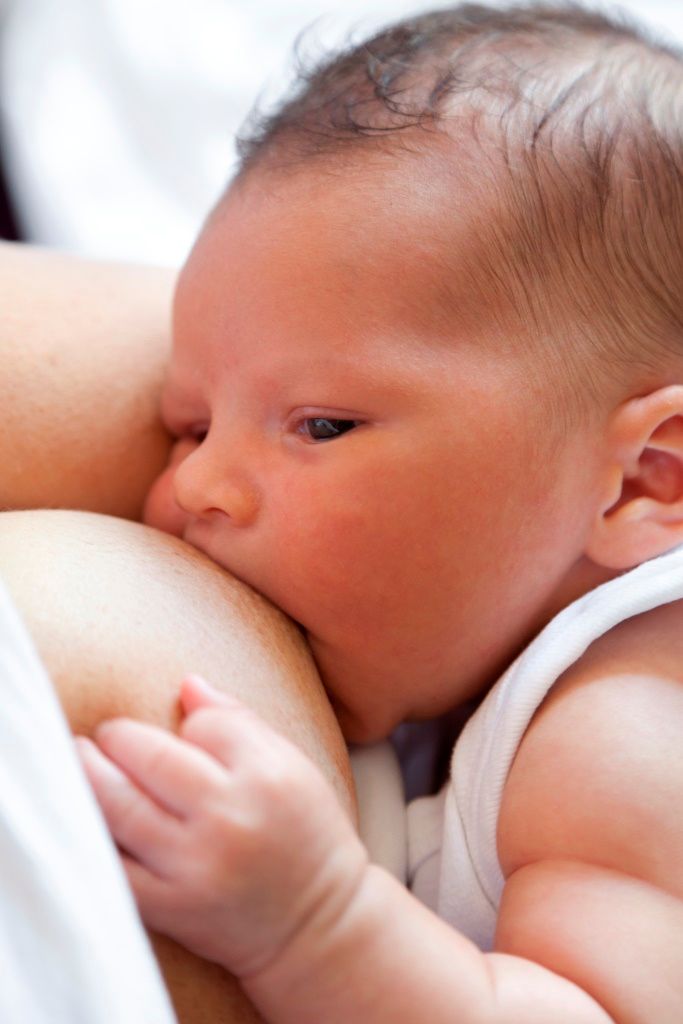The intricacies of allergy prevention in children have perplexed researchers for ages, but recent studies have revealed a burst of new insights. While breastfeeding has long been touted as an effective measure against allergies, groundbreaking research now suggests that introducing allergenic foods early on may actually aid in thwarting food allergies. And the role of breast milk cannot be overlooked; it contains antibodies that shield against allergic diseases and is crucial in reducing allergy risk. In fact, the American Academy of Pediatrics (AAP) endorses exclusive breastfeeding for at least six months to lessen the likelihood of developing food allergies, eczema, and asthma.

But wait, there’s more! Recent findings indicate that breast milk might also contain trace amounts of allergens from a mother’s diet – thus enabling her child’s immune system to adapt to these substances later on. This underscores not only the importance of maternal diet during lactation but also emphasizes early introduction of allergenic foods as critical components when it comes to preventing allergies.
Breastfeeding and Maternal Diet: The Impact on Allergy Development
The prevention of allergies in children has long been touted as one of the many benefits of breastfeeding. Indeed, exclusive breastfeeding for the first half-year can drastically reduce the risk of developing food allergies – particularly if there is a history of allergic conditions within the family. The reason behind this phenomenon lies in breastmilk’s antibodies, which act as an effective shield against allergenic foods and atopic dermatitis. Consequently, infants who are breastfed exclusively have a lower chance of experiencing eczema.

Recent studies have also indicated that breastfeeding could help prevent peanut allergies from forming in newborns. Some experts even recommend that expectant mothers continue to consume peanuts and other allergenic foods throughout their pregnancy and lactation period if they are exclusively breastfeeding. This approach exposes babies to small amounts of these proteins via their mother’s milk, helping reduce their overall food allergy risk.
Furthermore, exclusive breastfeeding may be key to preventing food allergies beyond infancy too. Children who were solely breastfed for at least four months show less likelihood of developing cow’s milk protein allergy later on compared to those who had never or partially been breastfed. Thus promoting exclusive breastfeeding – continuing it for as long as possible – could play an essential role in fighting against allergy-related issues.\n
Breastfeeding and the Prevention of Childhood Asthma: Disease Prevention in Early Life
The latest research has uncovered a perplexing truth – breastfeeding for the first six months of a child’s life may be bursting with benefits that prevent allergies, including reducing the risk of childhood asthma. This remarkable act could potentially delay or even prevent early onset allergic rhinitis and other pesky irritations. It is truly awe-inspiring to think that while it cannot entirely eliminate all possible risks, breastfeeding remains one of the most effective ways to safeguard against allergy development.
Intriguingly, both maternal diet and breastfeeding have emerged as key players in preventing childhood asthma. Astonishingly, studies have indicated that certain foods introduced too early can lead to allergies later on in life. But take heart! Breast milk contains protective elements which help reduce this risk so whether exclusively feeding or supplementing with complementary foods after 3-4 months, there is new evidence proving beyond doubt that breastfeeding your baby can greatly decrease their chances of experiencing those dreaded allergic reactions.
It must be emphasized however, that whilst breastfeeding provides numerous advantages for both mother and child alike; it should not be perceived as an elixir capable of curing all ailments related to preventing childhood asthma or other allergies. Pregnancy and nursing are intricate processes influenced by countless factors beyond our control leaving much room for uncertainty. Nevertheless, ample evidence exists demonstrating exclusive feeding during those initial four precious months when babies are at their most vulnerable could offer some protection against these conditions – now if only we could unravel this mystery completely!
Breastfeeding for the First Six Months of Life: Strong Evidence for Allergy Prevention
The first six months of an infant’s life are crucial for allergy prevention, and breastfeeding has been found to be a powerful tool in achieving this goal. As perplexing as it may seem, breast milk contains immunoglobulin A (IgA) and other immune factors that help with the development of an infant’s immune system. Burstiness is especially evident during early infancy when their immunity is still developing and may not fully function until 6 months or longer.
In fact, research has shown that breastfeeding can also protect against allergic diseases such as childhood asthma. Those who were exclusively breastfed for the first half-year of life had lower chances of experiencing wheezing in early childhood than those who were either partially breastfed or not at all. It appears that delaying allergenic foods past 6 months could increase the risk of allergies later on.
Mothers must make informed decisions about breastfeeding if both they and their infants desire it since there are numerous benefits beyond allergy prevention. Furthermore, pregnant women should avoid allergenic foods altogether while also considering learning about peanut introduction to further reduce their child’s risk of allergies. The role maternal diet plays on infant health cannot be overstated since genetic and environmental factors also play significant roles in immunologic development over time.\n

